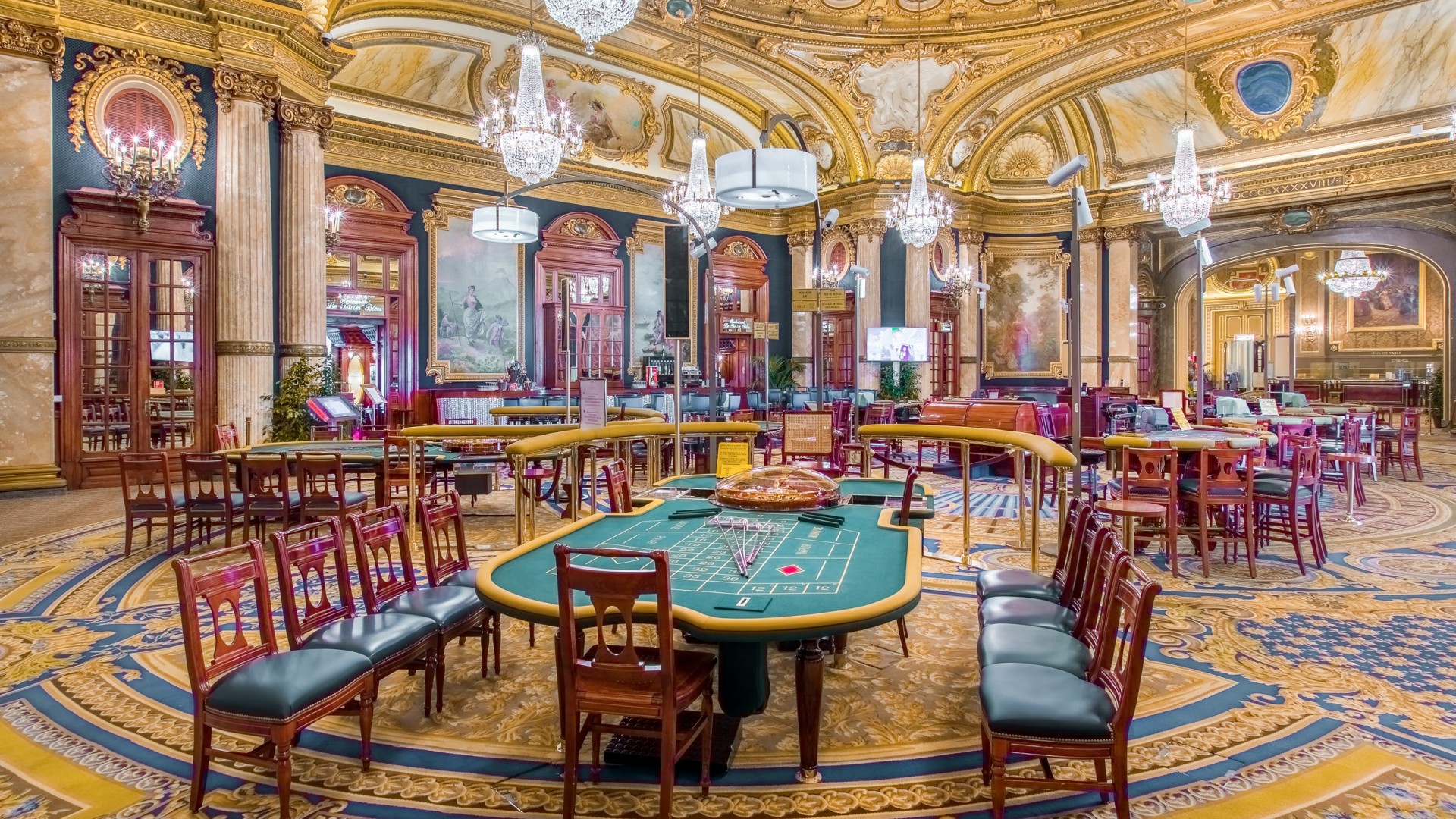
Casino games have long enthralled players from all parts of society, drawing them into vibrant casinos filled with the noises of spinning wheels, clattering chips, and cheering crowds. The thrill of chance and the allure of potential winnings create an exhilarating atmosphere that keeps gamblers returning for more. Whether it is the excitement of a slot machine, the thoughtful play of poker, or the anticipation of a roulette wheel, casino games offer a distinct combination of fun and risk that can be hard to ignore.
At the heart of this fascination lies a psychological pull that varies from person to person. For a few, the excitement of hitting a jackpot can elevate their mood, while for others, it’s a social experience that brings friends together. The colorful visuals, engaging sounds, and sometimes lavish environments of casinos greatly improve the appeal, making each visit an adventure waiting to unfold. As we explore why gamblers are drawn to these games, we uncover the deeper motivations and emotions that fuel their passion for the betting tables.
The Psychology of Gambling
The allure of casino games often derives from the complex psychology of gambling itself. Many individuals find appealing the excitement of risking money for the possibility of winning more, as it taps into a profound human desire for thrill and gain. This high can create a profound emotional experience. The mix of risk and potential monetary gain can activate a release of dopamine, making players feel energized.
Furthermore, the design of casino games is designed to hold players involved. The use of bright lights, enticing sounds, and the communal environment of casinos can enhance the excitement. Players typically find themselves immersed in these settings, where the expectation of a win keeps them coming back for more. This sensory engagement encourages extended play, as the rapid feedback from wins, however insignificant, reinforces the desire to keep playing.
Finally, cognitive biases play a significant role in gambling behavior. Many individuals fall prey to the illusion of control, believing they have power over outcomes even in games of chance. This attitude can lead to overconfidence and the persistence of play, despite mounting losses. Additionally, gamblers frequently remember their wins more clearly than their losses, which can skew their perception and fuel the desire to continue gambling. This multifaceted interplay between emotions and cognitive factors helps illustrate why so many are pulled towards casino games.
A Attraction of Gaming Atmospheres
The vibe of a casino is distinctively captivating, drawing in players with its combination of excitement and anticipation. The scenes and sounds of twirling slot machines, cheering participants, and the rhythmic clatter of tokens create an engaging experience that is difficult to resist. The vibrant neon signs and dynamic layout foster a atmosphere of excitement that keeps visitors involved and invites them to linger more time. This contagious setting contributes to the overall allure of gaming games, enticing both novice and experienced gamblers alike.
In addition, casinos are crafted to arouse the senses in a way that makes gamblers feel as though they are starting on a fantastic expedition. The purposeful arrangement of gaming options, inviting chairs, and on-the-house refreshments enhance the overall attraction, making gamblers feel cherished and spoiled. Many gaming centers also feature decorative furnishings and elaborate motifs that transport visitors to different dimensions, amplifying the excitement. Such settings foster a sense of liberation, allowing gamblers to forget their everyday existences and immerse into the exciting realm of chance.
Ultimately, the existence of additional participants amplifies the social element of betting, creating a joint rush. Connections among gamblers, be it through friendly banter or collective happiness during a huge victory, cultivate a notion of bonding that many find attractive. This interpersonal connectivity enhances the journey of participating in gambling games, transforming it from a individual pursuit into a joint experience. The blend of thrill, captivating environments, and social connections makes gambling establishments an irresistible spot for gamblers seeking fun and a chance to gain.
Comprehending Casino Mechanics
Gaming experiences are crafted with distinct mechanics that draw in players. Each game has its specific set of rules, betting structures, and probability ratios, allowing players to engage with the game on diverse levels. The thrill of making a bet and the anticipation of the outcome creates an thrilling atmosphere. Grasping these mechanics can deepen a player’s appreciation for the game and enhance their overall experience.
An additional crucial aspect of game mechanics is the idea of randomness. Many casino games, especially poker machines and table games, rely on RNGs or shuffling to determine outcomes. This randomness is what keeps players revisiting; the unpredictable nature of the game creates a feeling of anticipation and excitement. Knowing that each spin or turn is independent of the last contributes to the appeal, as players perceive they have a chance at winning, regardless of past outcomes.
In conclusion, the emotional response related to game mechanics should not be neglected. The excitement of a large victory or the tension during pivotal moments are integral to the enjoyment of casino games. RR88 These emotional highs and lows leverage psychological triggers that keep players engaged for longer periods. Comprehending these emotional responses to game mechanics can help explain why individuals are drawn to the thrill of casino games, constantly seeking that next exhilarating moment.